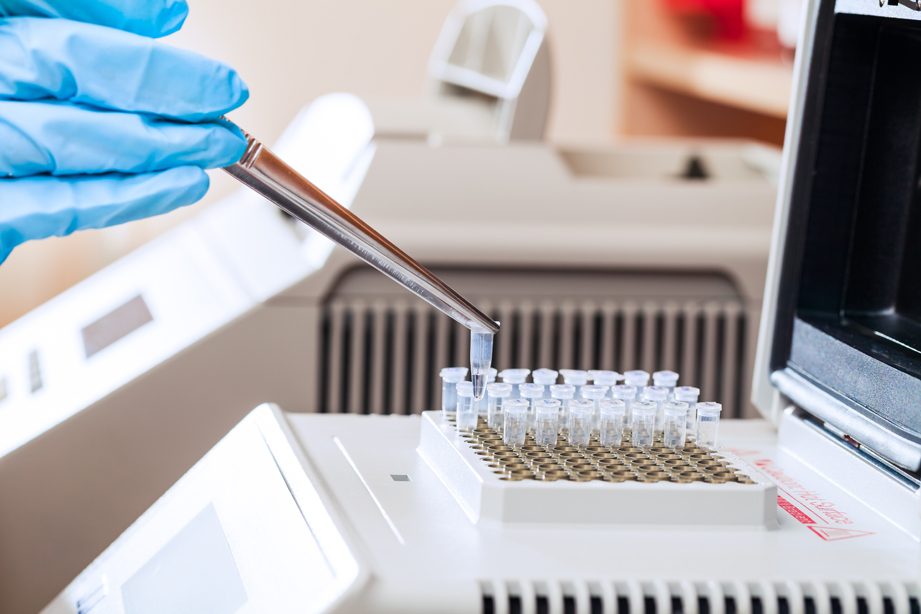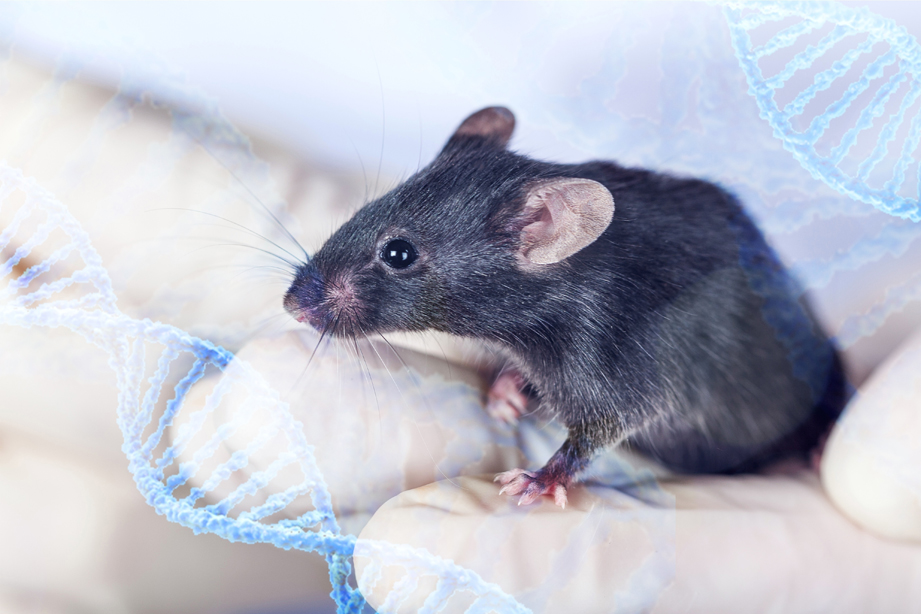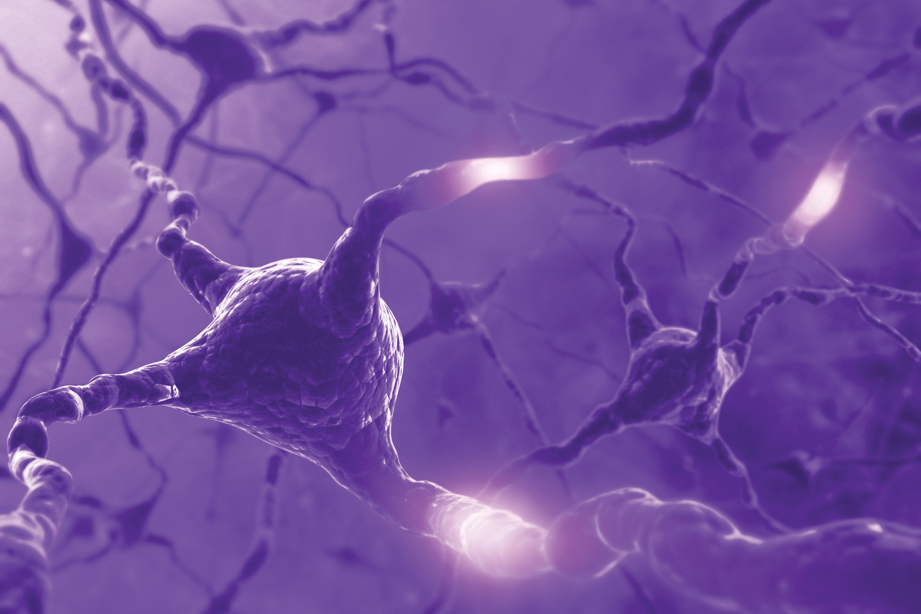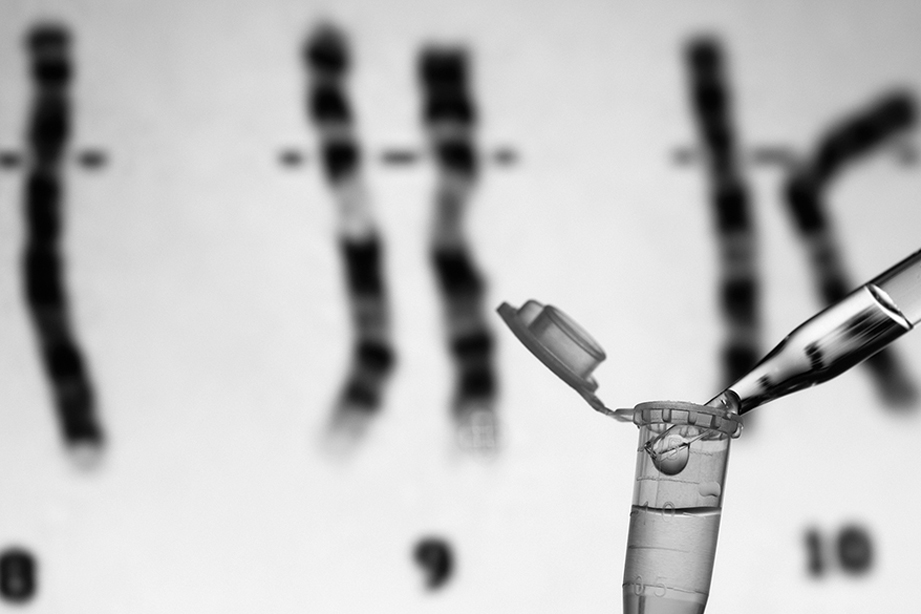Challenge An autism spectrum disorder diagnosis gives parents and guardians only an idea of what to expect in the years to come. Even when children start with similar abilities and disabilities, they can go on to develop in a wide variety of ways, with different speeds of skill progression and various additional health conditions. Unfortunately, [...]
The ASD Demonstration Project: Identifying Early Behavioural Biomarkers
Nicolas Turgeon-Morin2023-10-19T10:49:22-08:00Challenge Kids in Canada with autism spectrum disorder do not usually receive a diagnosis until the age of four, which is unfortunate given that intervening in early childhood is shown to improve outcomes. Project Summary To help families seize this missed opportunity, researchers involved with the ASD Demonstration Project from KBHN worked to find ASD-related [...]
The ASD Demonstration Project: Translation of Genomic Discoveries into Clinical Practice
Nicolas Turgeon-Morin2023-10-19T10:52:46-08:00Challenge A person’s genome could contain useful information about their risk of autism spectrum disorder, but how should genome sequencing be used in diagnosis, genetic counselling and patient management? What treatments and follow-ups should come after what kinds of test results? And how should these very complex and sometimes ambiguous results be conveyed? How can [...]
Gaining a Better Understanding of Perinatal Stroke
Nicolas Turgeon-Morin2023-10-19T10:53:06-08:00Challenge The time around birth (known as the perinatal period) poses a high risk of stroke for children. One of the leading forms of cerebral palsy (CP) called hemiplegic CP, is often a result of these perinatal strokes. Despite this, perinatal stroke has been largely understudied, and limited treatment options or prevention strategies exist. Project [...]
Rat Studies Help Better Characterize FASD and Identify Potential Biomarkers
Nicolas Turgeon-Morin2023-10-19T10:55:27-08:00Challenge Children are usually school-aged by the time they receive a diagnosis for Fetal Alcohol Spectrum Disorder. However, evidence indicates that early intervention is beneficial. Having reliable biomarkers to detect changes related to prenatal alcohol exposure (PAE) could allow clinicians to identify FASD in children at a younger age and therefore provide earlier access to [...]
Mouse Models as a way to Determine Alcohol-Susceptible and Alcohol-Resistant Genes
Nicolas Turgeon-Morin2023-10-19T10:55:55-08:00Challenge When studying Fetal Alchol Spectrum Disorder (FASD), it’s challenging to discern the exact timing and the severity of alcohol exposure that a fetus experienced during pregnancy. This challenge makes it difficult for researchers to determine the exact relationship between these two factors and the likelihood of a child being born with FASD. Using animal [...]
Neuroimaging and the Effects of Alcohol on the Brain
Nicolas Turgeon-Morin2023-10-19T10:56:17-08:00Challenge Children with Fetal Alcohol Spectrum Disorder (FASD) exhibit a wide variety of brain abnormalities. These abnormalities include a small head and brain relative to body size, an underdeveloped cerebellum, and thinning of the corpus callosum. However, children with FASD display have such a wide range of brain anomalies that the exact relationship between structural [...]
The Promise of Epigenetics as a Novel Tool for FASD Screening
Nicolas Turgeon-Morin2023-10-19T10:56:50-08:00Challenge Prenatal alcohol exposure is a major cause of behavioural and cognitive deficits in children. Despite extensive research, a unique neurobehavioral profile for children affected by prenatal alcohol exposure has yet to be identified. This research project addressed how genetic and environmental factors interact with prenatal alcohol exposure to produce neurobehavioural and neurobiological deficits in [...]
Eye Tracking Device to Aid in Early FASD Screening
Nicolas Turgeon-Morin2023-10-19T10:57:09-08:00Challenge The assessment of children for Fetal Alcohol Spectrum Disorder (FASD) requires testing many different types of brain function to determine if they are impaired. However, children with FASD usually have to wait a long time for this formal diagnostic assessment, which often prevents them from accessing supports early on in life. Project Summary Measuring [...]
Cerebral Palsy Genetics
Nicolas Turgeon-Morin2023-10-19T10:58:04-08:00Challenge While the past several years have seen a growing awareness of the role of genetic risk factors in cerebral palsy, studies regarding the role gene variants play, their severity, and resulting co-morbidities of cerebral palsy have only just begun. Many new techniques in molecular genetics have emerged over the past few years, allowing for [...]










